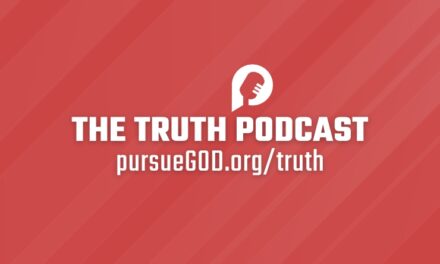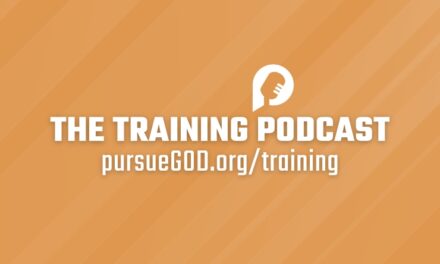Antiochus IV Epiphanes, the Seleucid king who desecrated the Jewish Temple in Jerusalem, played a central role in provoking the Maccabean Revolt. His actions were deeply offensive to the Jewish population and were one of the key factors that led to the uprising. Here are some additional details about Antiochus IV’s desecration of the Temple:
Religious Persecution
Antiochus IV was a Hellenistic ruler who sought to impose Greek culture and religion on the diverse regions under his rule, including Judea. He implemented policies that targeted Jewish religious practices and attempted to suppress Judaism. This included prohibiting the observance of Jewish religious traditions, such as circumcision and Sabbath rest.
Desecration of the Temple
In 167 BCE, Antiochus IV took a particularly provocative step by ordering the desecration of the Second Temple in Jerusalem. He erected a statue of the Greek god Zeus in the Temple and ordered that sacrifices be made to pagan deities. This act was a direct affront to Jewish monotheism and was seen as the ultimate sacrilege.
Abolishing Jewish Worship
Antiochus banned Jewish religious rituals and forced Jews to participate in pagan rites. This included compelling them to eat pork, which is forbidden in Jewish dietary laws, and forbidding the observance of the Sabbath and other Jewish festivals.
Persecution of Jews
Antiochus’ persecution of Jews extended beyond religious matters. He imposed heavy taxes on the Jewish population, confiscated their property, and subjected them to harsh treatment. Jewish resistance to these oppressive measures ultimately coalesced into the Maccabean Revolt.
The desecration of the Temple was a pivotal event in the history of Judea and galvanized the Jewish community to resist the religious and cultural assimilation imposed by the Seleucid Empire. It was the passionate response to these injustices that led to the emergence of the Maccabees and their successful campaign to rededicate the Temple, an event celebrated during Hanukkah. The Maccabean Revolt represents a significant chapter in the struggle for religious freedom and the preservation of Jewish identity.
Related Commentary
(Pillar New Testament Commentary) The “abomination that causes desolation” is a phrase taken from three cryptic references in Dan 9:27; 11:31; 12:11 to a scandal that would defile and profane the Jerusalem temple. The same phrase is used in 1 Macc 1:54 to describe Antiochus IV (Epiphanes), the Syrian general who outraged the Jews in 168 B.C. by erecting an altar to Zeus on the altar of burnt offering in the temple and sacrificing a sow on it. The sacrilege of Antiochus in the Jerusalem temple became the dramatic provocation for the Maccabean Revolt, which against all odds earned Jews their only century of political self-rule between the fall of Jerusalem to Nebuchadnezzar in 586 B.C. and the formation of the State of Israel in 1948.
Related Scripture
Mark 13:14-18 (NLT) “The day is coming when you will see the sacrilegious object that causes desecration standing where he should not be.” (Reader, pay attention!) “Then those in Judea must flee to the hills. A person out on the deck of a roof must not go down into the house to pack. A person out in the field must not return even to get a coat. How terrible it will be for pregnant women and for nursing mothers in those days. And pray that your flight will not be in winter.



